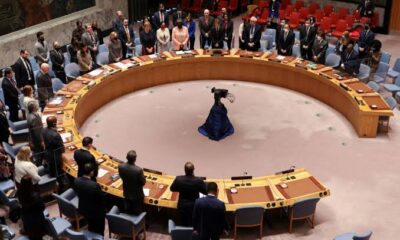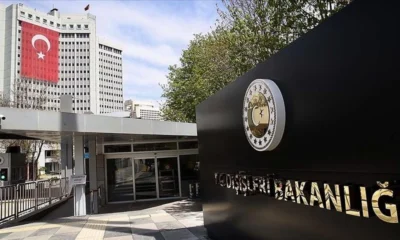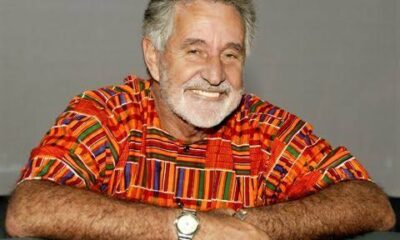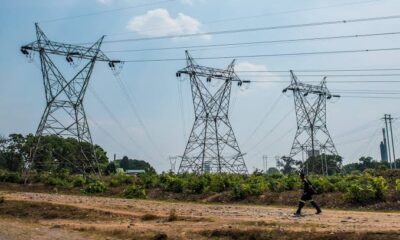The growing debt profile of many African countries continues as a disturbing trend across the continent, and a reworking of the G20 framework has been proposed as a likely solution to managing the situation.
These were the issues of discourse at the African Conference on Debt and Development (AfCoDD III) which started in Senegal on Wednesday. It was noted at the event that more African countries were currently showing signs of either defaulting on their national debt or needing to apply to the G20 common framework.
The level of indebtedness in African countries is at its highest in more than a decade, largely due to the COVID-19 pandemic, Russia’s invasion of Ukraine, and skyrocketing inflation. African nations were forced to incur even more debt, and as a result, 21 low-income African nations are currently either insolvent or at great risk of experiencing debt hardship.
Five African nations have so far formally defaulted on their national debt: Zambia, Ghana, Ethiopia, Chad, and Sri Lanka. Zambia successfully applied for a debt restructuring plan under the G20 framework, a deal that has not yet been finalised.
The Board Chair of the African Forum and Network on Debt and Development (AFRODAD), Barbara Khalima-Phiri, noted that the debt crisis in most cases is the consequence of irresponsible borrowing.
She added, “Several countries on the continent have shown signs of wanting to apply for G20 common framework. Africa’s debt burden is directly becoming a burden on Africans who are having to pay the price of both irresponsible borrowing and equal irresponsible lending.”
The G20 is a framework under which bilateral official creditors are, during a limited period, suspending debt service payments from the poorest countries (73 low- and lower-middle-income countries) that request the suspension.
Some panellists at the AfCoDD III align with the position to have Africa’s debt reworked. AFRODAD Executive Director, Jason Braganza, pointed out that having a seat at the G20 common framework meant that the continent had to give up on some clubs such as the Borrower’s Club.
Patrick Ndzana Oloma, a policy advisor for the African Union Commission, said that if the continent’s nations continued to be underrepresented at the G20 common framework, they ran the possibility of having to negotiate debt agreements with odd terms.
Beyond Africa, some other countries have already concluded debt restructuring, for example, Argentina and Ecuador, while others like Lebanon are bent on debt restructuring.

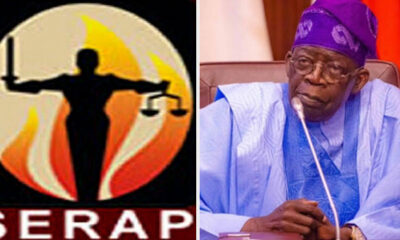
 Metro2 days ago
Metro2 days ago
 Politics1 day ago
Politics1 day ago
 Metro2 days ago
Metro2 days ago
 Sports2 days ago
Sports2 days ago



